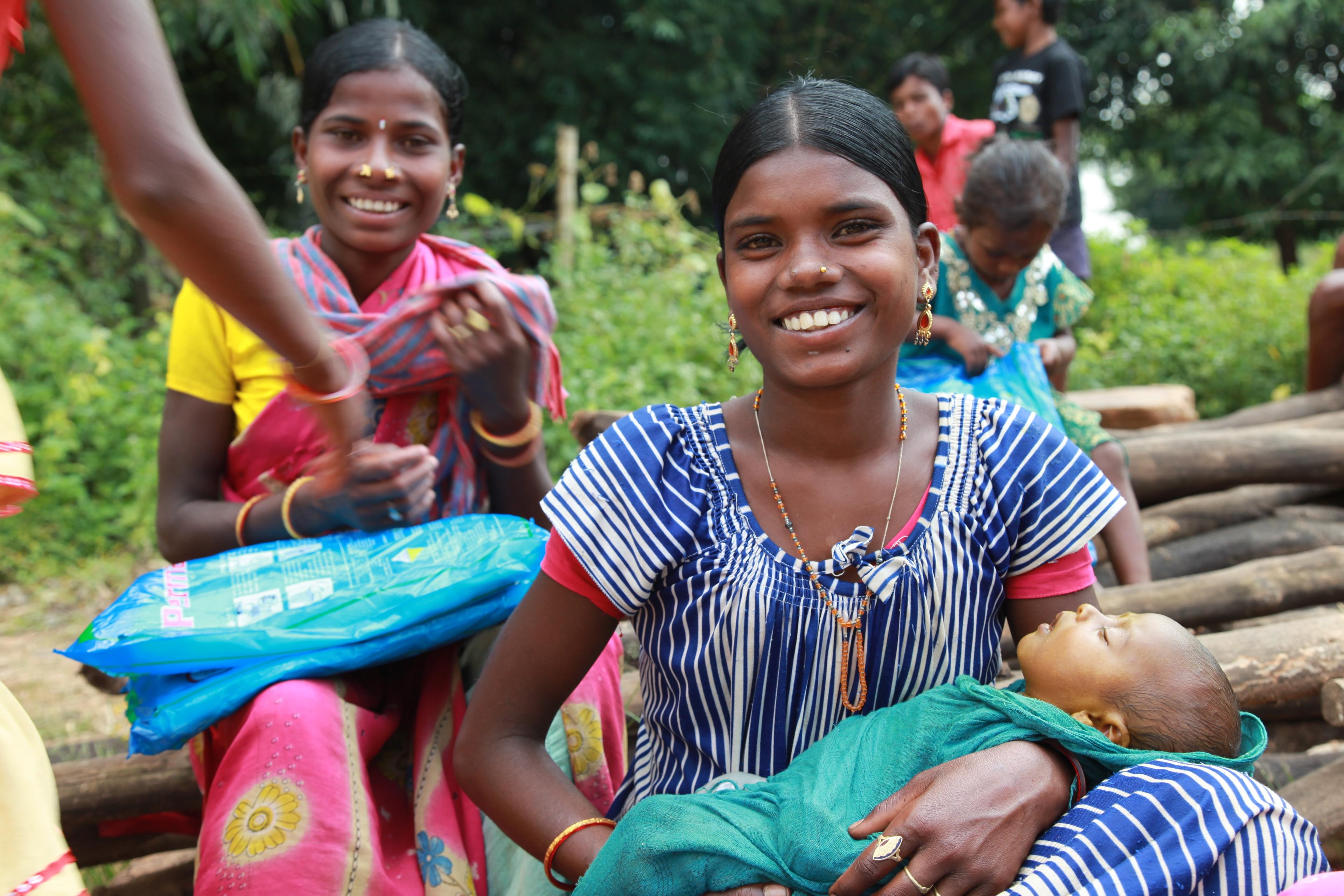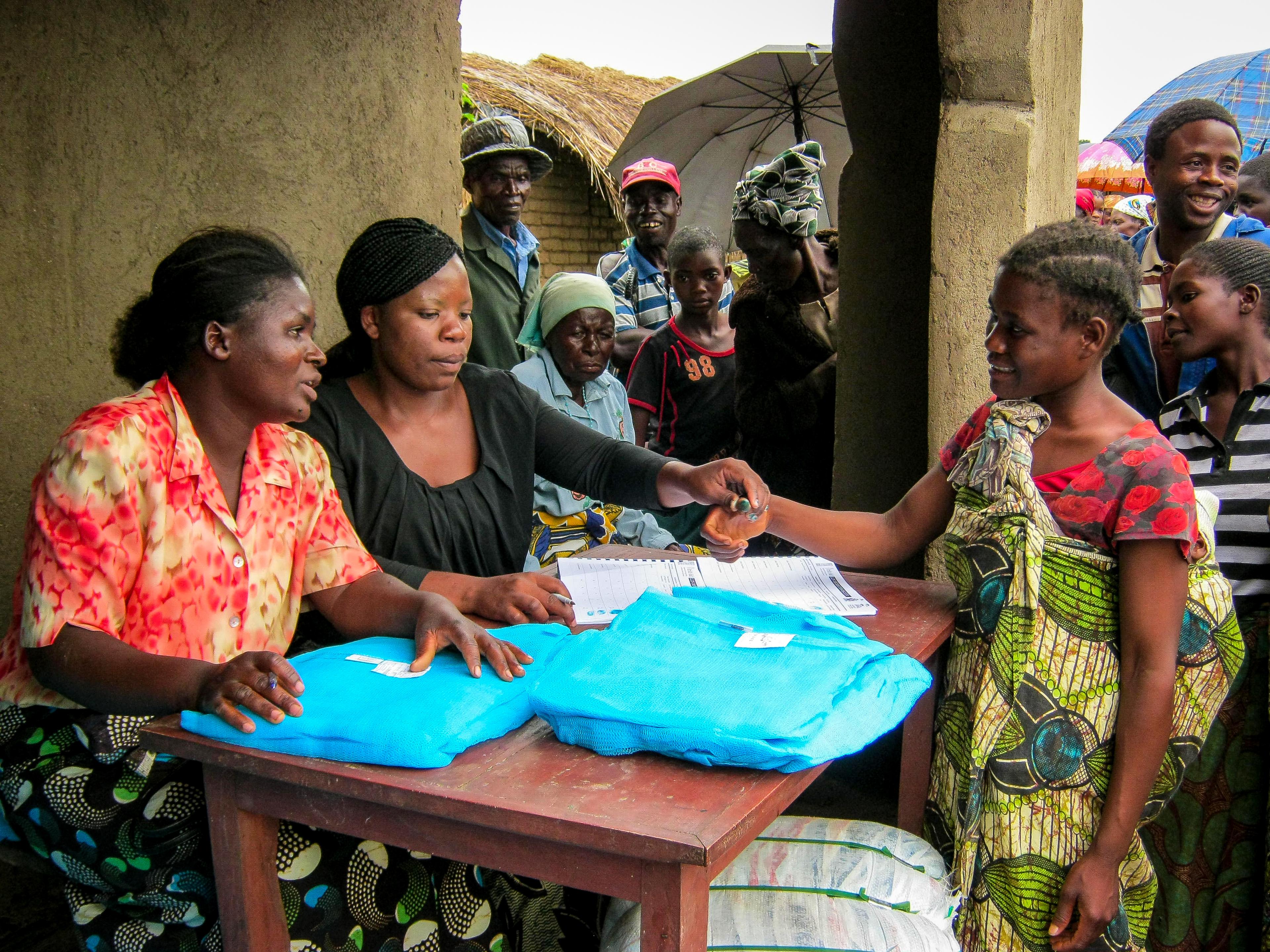[Interview] Why Derek Thompson of The Atlantic took the Giving What We Can pledge
Derek Thompson is a senior editor at The Atlantic, writing on a wide range of topics such as technology, economic policy and behavioural psychology. One of his best known pieces is The Atlantic magazine cover story A World Without Work, which delves into the impact technology may have on the future of employment as we know it. We interviewed him on why he took the Giving What We Can pledge.

A couple of years ago Derek met Will and Amanda MacAskill while staying in New York. Huddled in a kitchen drinking beer with Will, he started to wonder if you could really do more good for the world working on Wall Street than for Wateraid.
Since then Derek has done a lot of research into effective giving, promoting the idea that those in the global north can do a tremendous amount of good with their wealth, especially if they think “scientifically rather than sentimentally”.
Workers distributing mosquito nets on behalf of the Against Malaria Foundation in Malawi

When his mother passed away from cancer Derek did something incredible to honour her memory. He donated a thousand dollars for every year of her life to the Against Malaria Foundation to help hundreds of others whose mothers were at risk.
We were very excited to have Derek take the Giving What We Can pledge committing 10% of his incoming to effective charities. Derek very kindly spoke with us via email about his experiences.
Giving What We Can: Derek, why have you decided to take the Giving What We Can pledge?
Derek: I wanted to pre-commit myself to doing something that I know is right and good: To make a point, every year, to donate a significant amount of my income to a profoundly good cause.
Giving What We Can: Where do you plan to donate to?
Derek: I plan to donate to the Against Malaria Foundation and GiveDirectly, which are recognized by GiveWell to be two of the most effective charities in the world.
Giving What We Can: Will this affect the way you do journalism? Do you want to write about pressing causes or high-impact social movements? How does your work writing on economics and labour markets relate to your views about effective altruism?
Derek: I think journalists have an obligation to write about issues of great importance that escape the everyday attention of most people, and effective altruism offers a great frame through which to find those causes and stories.
Giving What We Can: What would you say to someone hesitating about whether to take the pledge?
Derek: The typical family spends about ten percent of its income on food. That’s about 5,000 dollars for a typical household each year. For that amount, the Against Malaria Foundation estimates that you could buy enough malaria nets to save a life. By donating an extra breakfast, lunch, and dinner each day for one year, you can save a life. That seems like a pretty compelling deal.
Thank you to Derek for sharing his story. If you would like to follow Derek’s work subscribe to his blog feed or follow him on Twitter.
We would love to hear why you started giving, so please get in touch on Facebook, Twitter or comment below.
If you’re wondering what you could achieve with your donations have a look at our income calculator to see the difference you can make.